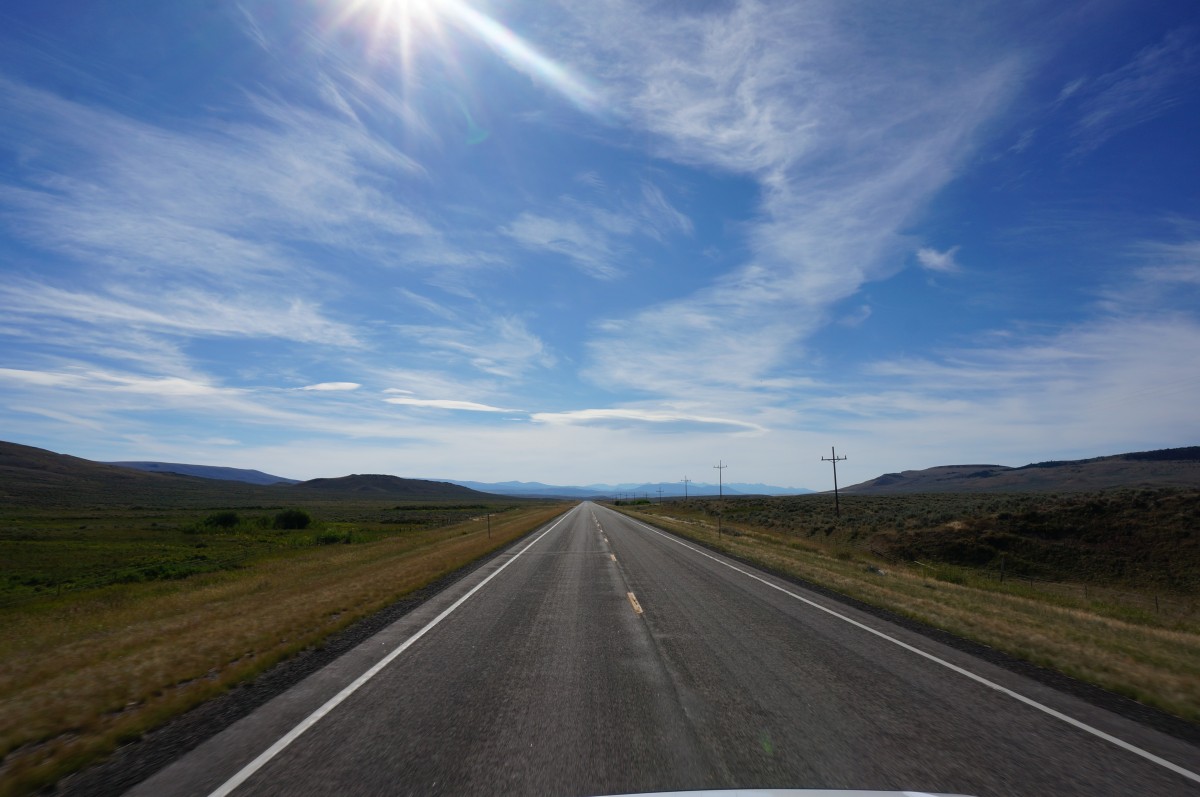Summer is quickly approaching, and many Nevadans are planning barbecues, picnics or going to Lake Mead or Lake Tahoe for the day. With all the excitement for the summer season, the Nevada Highway Patrol reminds drivers that Memorial Day also marks what they call the “100 deadliest days” of the year on the road. This marks the period between Memorial Day and Labor Day, and can be attributed to increased traveling, tourism, as well as generally unfamiliar tourists who are not familiar with their surroundings and often exhausted from all their travels.
Northern Nevada has already seen an increase in fatal road accidents, with 3 fatal accidents within one hour in mid-May. On Sunday May 15, there was a reported crash on State Highway 341 near Virginia City where a motorcycle rider was pronounced dead. Less than forty minutes later, there was a report of another second motorcycle crash on Highway 341, just south of Virginia City. A little over eight minutes after the second incident, officers responded to a fatal rollover crash in Douglas which involved two vehicles. While the causes of these accidents are still under investigation, they raise concern among Nevada traffic officials who urge drivers to be extra careful as we approach the summer months. Nevada Highway Patrol said that they have investigated 14 fatal accidents on Nevada regional state highways since April 30 alone, including the three above.
Due to the high number of accidents in 2022, as well as the record breaking fatalities on Nevada roadways in 2021, Nevada Office of Traffic Safety will continue its patrolling programs like “Click it or Ticket”, as well as its informational sessions to ensure Nevadans stay safe on the roads. The main goal of these programs is to remind and educate drivers of the importance their actions have, as well as their impact on the road and the community. They also emphasize the importance of driving sober and to avoid getting behind the wheel after consuming alcohol or taking any mind-altering substances, even if legal such as marijuana or prescription pills. (1)
Summer Safety on Nevada Roadways
Summer is a great time to spend time with the family and hit the road, but before doing so it is important to keep some safety tips in mind while planning as well as while on the road. The first rule of safety is to check your car before hitting the road and ensure that it is free of any trouble points. The following are several things to check:
- Check when servicing may be due and ensure all fluids, including brake, oil, coolant and windshield wiper fluid are filled. The summer months in Nevada can become extremely hot on the roadways so an optimized vehicle is essential.
- Make sure your brake pads and rotors are in good condition—worn brake pads can cause braking malfunctions and result in injury.
- Ensure wipers, blades, and driving lights are in working order—if any of these are not in operating order, they may result in obscuring of your vision while on the road or the inability of other drivers to see your car clearly.
- Tire pressure and additional tire check— No one wants to get a flat tire on a road trip, but in case you do you should have a spare. In addition, ensure your tire pressure is set to the manufacturer’s standards.
- Have a full tank of gas—having a full tank of gas before your road trip can prevent break-downs or getting stranded.
You can also plan road trips in a way that the driver does not become fatigued. Fatigued driving is a leading cause of fatal accidents.
- Plan routes beforehand and make yourself aware of roadwork, construction, etc. Driving in unfamiliar areas increases the risk of accidents and checking a GPS beforehand and mapping out a route can ameliorate this.
- Get a phone holder or get someone to help you navigate. Constantly having to look down at your phone to use Maps qualifies as distracted driving and getting a stand or person to help can allow you to focus on the road and what is happening around you.
- Avoid driving at dusk—If you are driving out of state you are likely unfamiliar with the area and reduced visibility during night can increase your chance of getting lost or being involved in an accident. Additionally, it is best to not drive more than 8 or 10 hours a day and it is best to either switch drivers or take multiple rests to regain focus and feel more refreshed.


